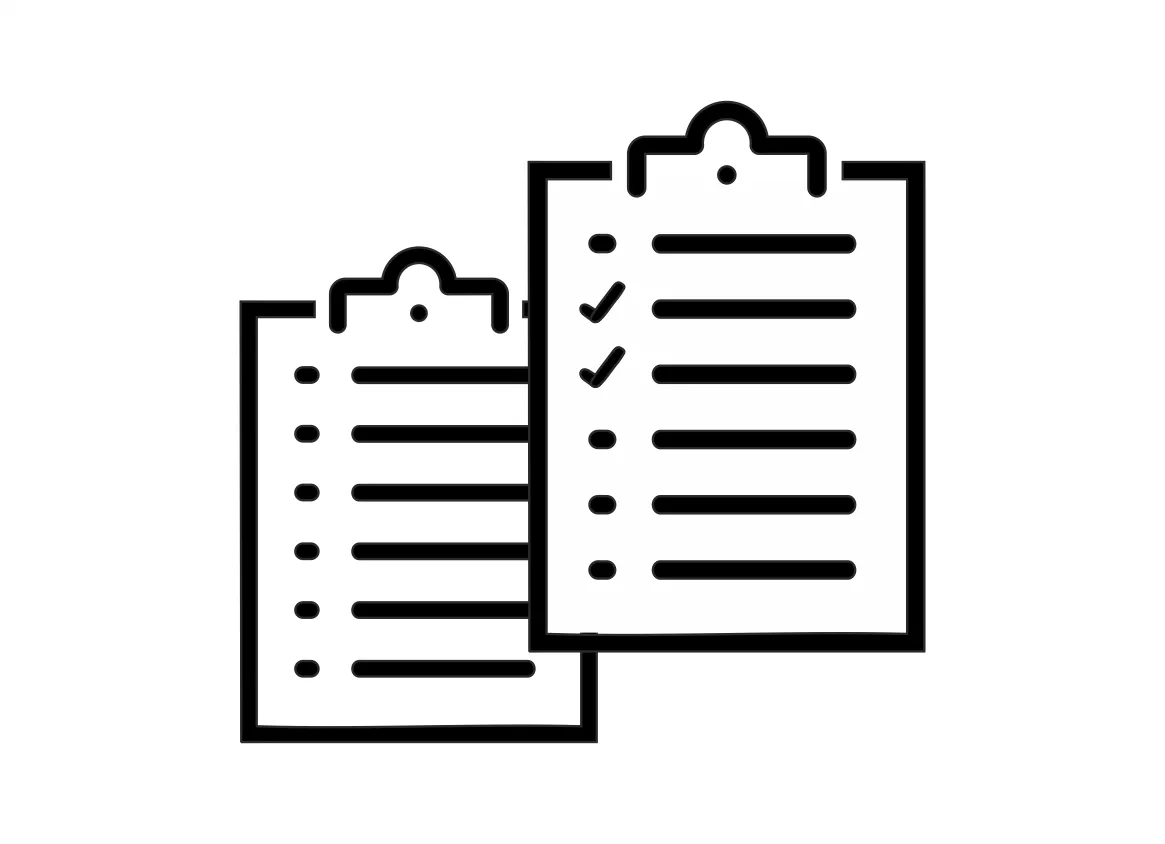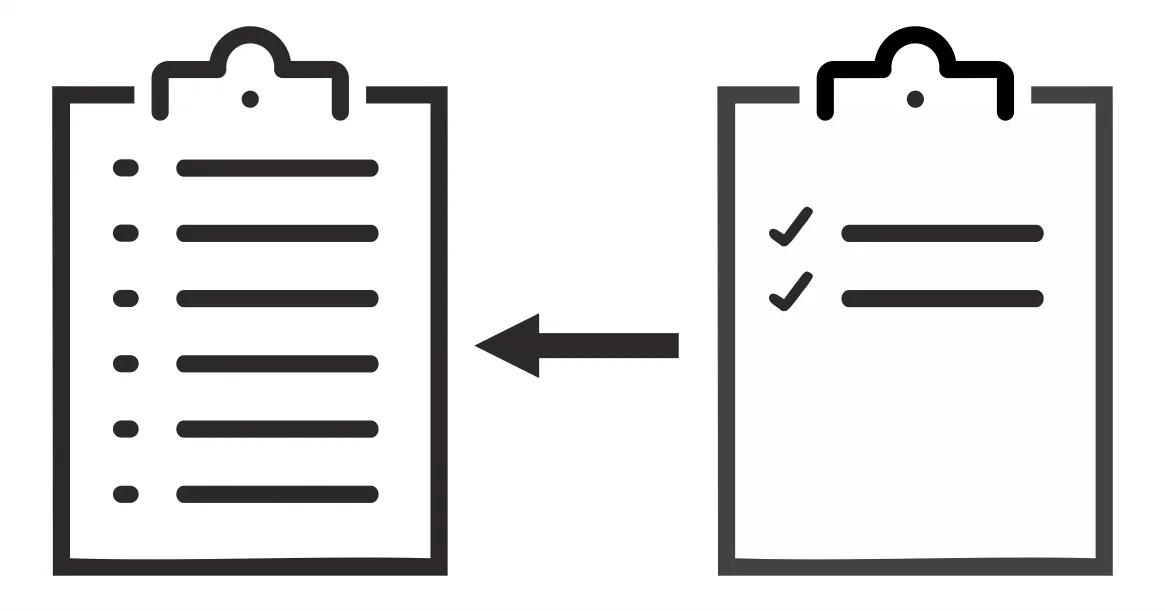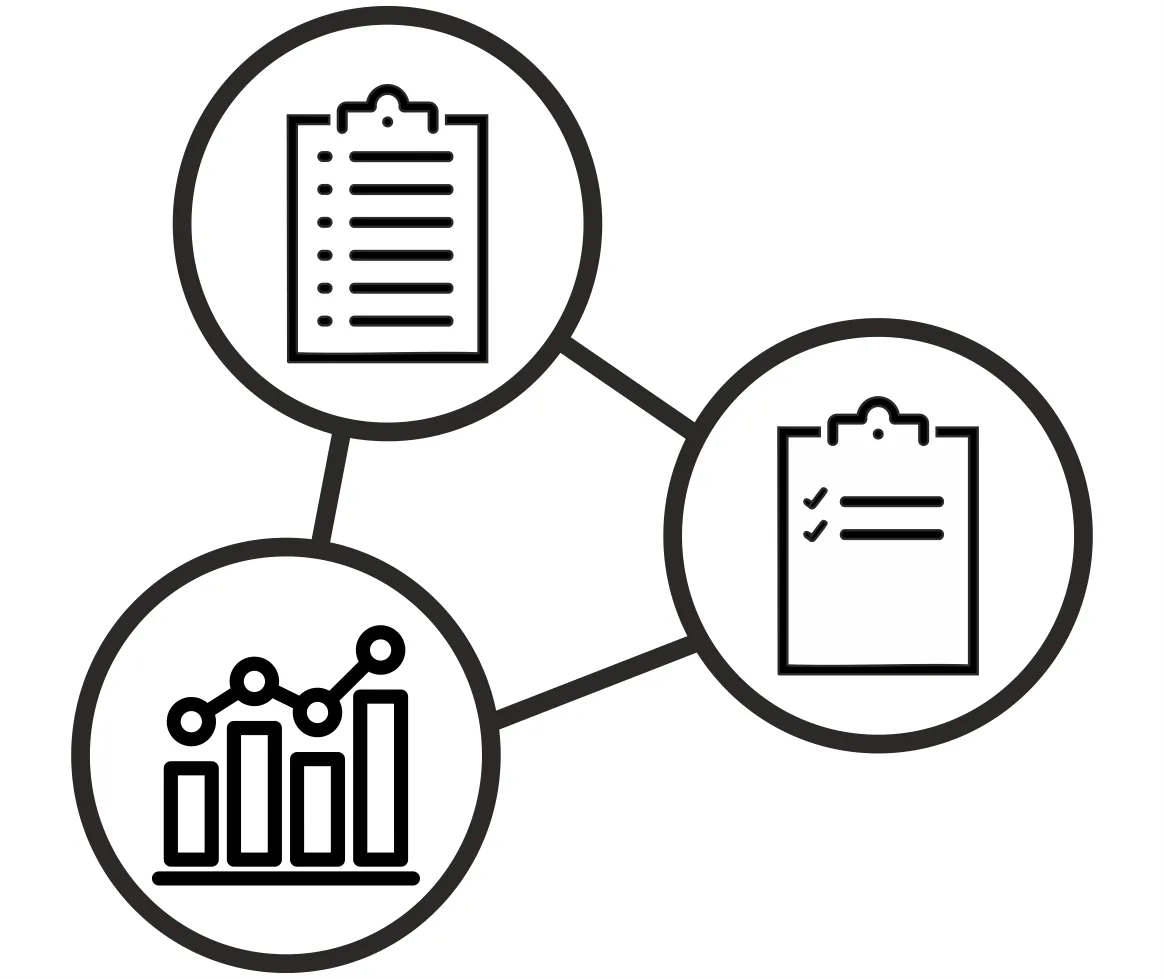Update your preregistration

Before data access - Create a new version
If you want to make changes to your preregistration before you have had access to the data, you can contact the PsychArchives team and submit a new study protocol and a brief description of the changes. Typically, a new version is created with a new timestamp and DOI. The previous version remains in the record.

Upon manuscript submission - Report deviations
Few researchers manage to conduct a study exactly as described in their preregistration. Deviations are normal! It is important to report all deviations transparently so that the study results can be interpreted correctly (Lakens, 2024). We recommend that you also submit a deviation protocol as supplementary material to your manuscript. Our app guides you through the process of creating a structured deviation protocol. We also recommend that you link your deviation protocol to your preregistration, as described in the next section.

At any time - Relate your research objects
Your preregistration is just one of many outcomes of your research process. In PsychArchives, you can link your preregistration to other outcomes, such as your data, your preprint, your supplementary materials, or your published article. You can do this by adding the DOI of a previously published item to the "is related to" metadata field when you submit the new item, or by emailing the PsychArchives Team with the DOIs of the items you want to relate. Thereby you improve the discoverability of all your research outputs and increase their transparency.